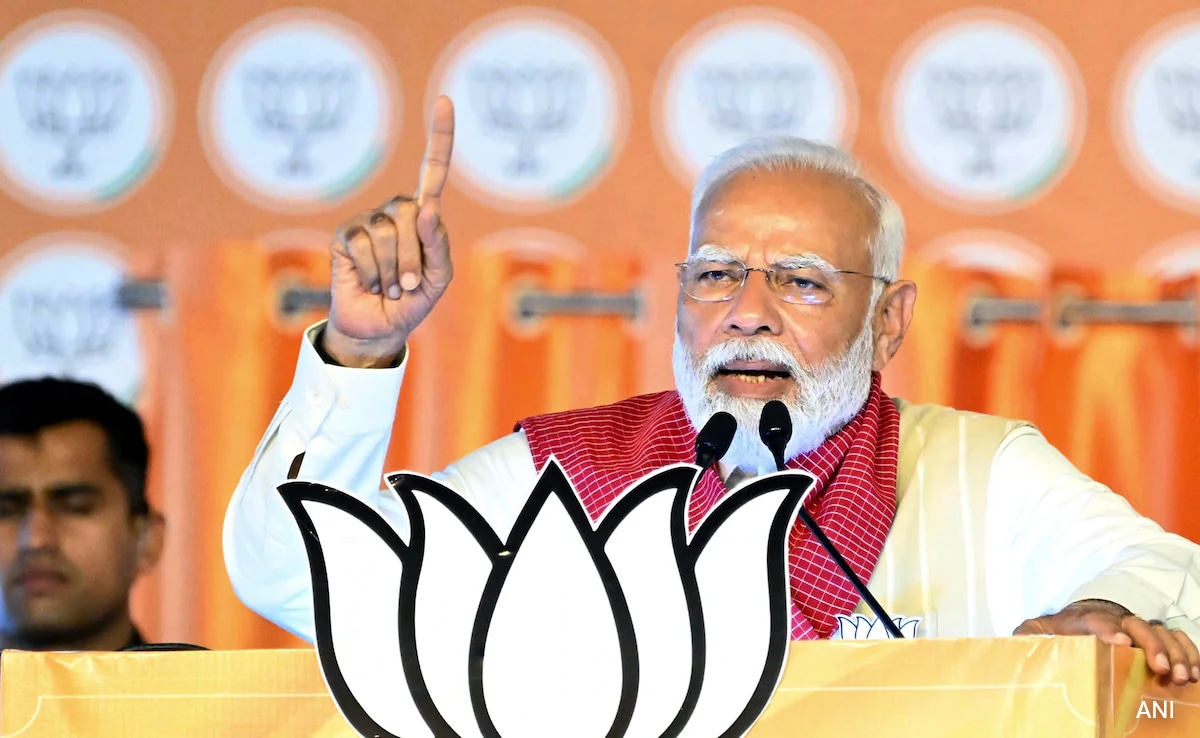
The government Rosstat released the data in a statement. (representative)
Russia’s economy grew 3.6% last year as long-term economic challenges persist, official data showed on Wednesday, as military spending increased due to the Ukraine offensive.
The government Rosstat released the data in a statement.
After Russia sent troops to Ukraine, the sanctions imposed by the West on Moscow had an initial impact, with gross domestic product (GDP) contracting by 1.2% in 2022.
Results for 2023 show that the economy has largely absorbed the impact of sanctions and found ways around them through changes in supply lines and trading partners, as well as government intervention.
Economic activity has been supported by favorable energy prices, easy credit conditions, strong domestic demand from the defense sector, and higher wages to attract workers in labor-short industries.
The Treasury said despite a significant increase in federal spending, the public deficit still stood at 1.9% of gross domestic product.
The automotive industry – a symbol of Russia’s openness to foreign investment and now dominated by Chinese manufacturers – and the banking sector have recovered well from the exit of major European companies and harsh sanctions.
Another driver for the Russian government is its ability to reduce its budget’s dependence on oil and gas revenues.
In 2022, the industry accounted for about half of federal revenue. Last year that dropped to just one-third.
While Western powers have tried to introduce new sanctions to hobble the economy, particularly the arms industry, the process has been slowed by disagreements within the United States and the European Union.
many challenges
Although the Russian economic situation is relatively optimistic, the economy still faces many long-term challenges, the impact of which is difficult to measure at this stage.
The economy in 2023 is experiencing what observers call an “overheating cycle” as a result of the sanctions-induced transformation.
The increase in domestic demand is mainly the result of increased military orders rather than a particularly favorable environment for major sectors of the economy.
Russian President Vladimir Putin said that more than 500,000 Russians have joined the defense industry since 2022, a figure that demonstrates the effort required to sustain military operations in Ukraine despite the human and economic losses.
By 2024, this reliance on military investment will increase further, with the government planning to increase defense spending by 70%, to 30% of federal spending and 6% of GDP, a first for modern Russia.
The economic recovery is also accompanied by a pickup in inflation, which will rise to 7.4% in 2023, weakening consumption power, while the depreciation of the ruble has also dealt a blow to consumption power.
The central bank raised interest rates to 16% even as business leaders expressed dissatisfaction with rising funding costs in the country.
An unemployment rate of 3% also points to a labor shortage, pushing up wages and adding to inflationary pressures.
In the long term, the immigration of hundreds of thousands of Russians following the Ukraine offensive will lead to a loss of qualified human resources in key sectors.
Some technology and aerospace companies that rely on Western technology have also been forced to turn to third-country partners, a process that is time-consuming and puts pressure on balance sheets.
Russian authorities expect economic activity to slow down in 2024 but to continue growing.
(Except for the headline, this story has not been edited by NDTV staff and is published from a syndicated feed.)
Follow us on Google news ,Twitter , and Join Whatsapp Group of thelocalreport.in
















